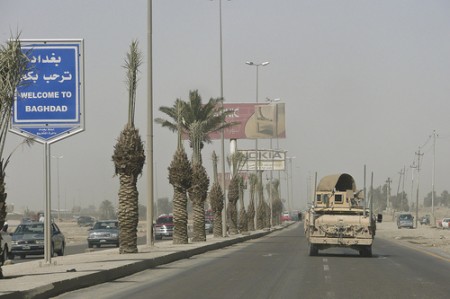
The withdrawal of U.S. forces from Afghanistan by 2014 has been the central foreign policy issue of both of Obama’s Presidential campaigns. American citizens seem to generally support the initiative, while both criticizing the timing and questioning the outcome for the U.S. and Afghanistan. Many ordinary Americans have asked why the U.S. should keep engaging with Afghanistan post-2014, or why the withdrawal cannot come sooner so as to avoid the unnecessary losses of American soldiers. Others argue that the United States, as a world leader, should act responsibly to prevent Afghanistan from falling into a devastating civil war, and thus criticize the withdrawal as a product of poor judgment that will lead inevitably to chaos. As an example, they cite the post-Soviet withdrawal, following which the U.S. abandoned the country and it fell under Taliban control.
Serving as political affairs officer for the United Nations Assistance Mission in Afghanistan (UNAMA) last year, I observed – like many others inside and outside the country – that for various reasons the local population did not feel very hospitable towards the international forces, to say the least. Many Afghans, either ignorantly or deliberately, do not see any difference between the ISAF and the international community, referring to all of them as Americans or American puppets. For that very reason, the incident that occurred on 1 April 2011, when the UN compound in one of the regions was attacked by demonstrators infuriated over the burning of the Qur’an. More recently there has been a steady increase in so-called green-on-blue attacks on ISAF soldiers. Instead of going into the details of each incident, we can ask more generally: Do Afghans want Americans in their country beyond 2014?

